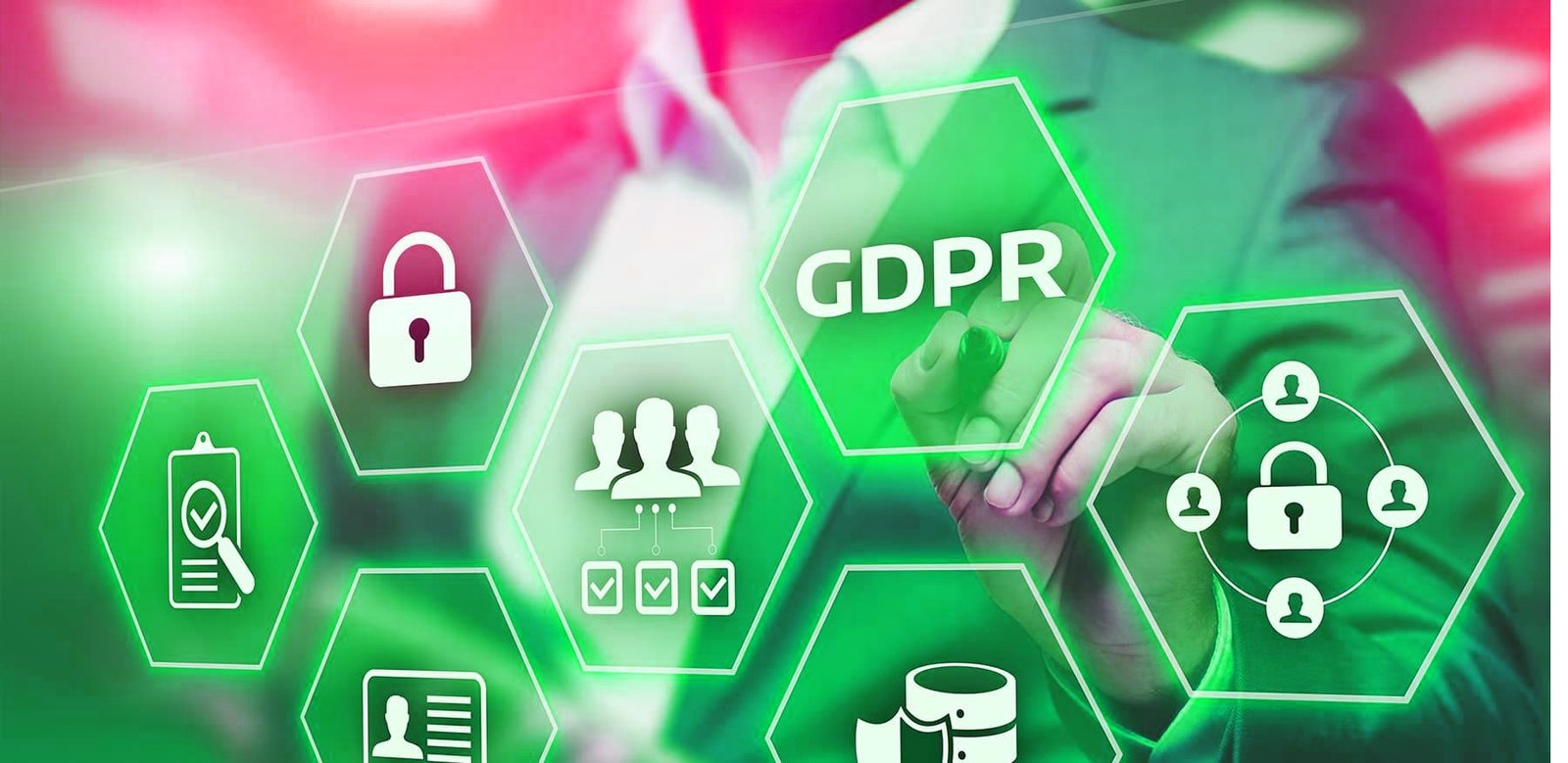Corporate GDPR Compliance and Data Privacy

In the digital era, where information reigns supreme, the privacy of company data has become a paramount concern for businesses worldwide. As data breaches continue to make headlines, companies are grappling with the need to safeguard sensitive information and ensure compliance with stringent regulations. One such regulatory framework that has reshaped the landscape of data protection is the General Data Protection Regulation (GDPR). Enacted in 2018, GDPR Compliance not only mandates a set of rules for companies operating within the European Union but has also become a global benchmark for responsible and transparent data processing.
This article delves into the intricate realm of the privacy of company data, exploring the nuances of GDPR compliance and its profound implications for businesses navigating the intricate waters of the digital age.
Contents
- 1 Understanding GDPR Compliance
- 2 Why Privacy Matters for Company Data
- 3 Steps to Ensure GDPR Compliance
- 4 Data Subject Rights Under GDPR
- 5 Challenges in Achieving GDPR Compliance
- 6 Benefits of GDPR Compliance
- 7 Case Studies of GDPR Non-Compliance
- 8 Common Misconceptions About GDPR
- 9 Technological Solutions for GDPR Compliance
- 10 Training and Awareness Programs
- 11 Future Trends in Data Privacy and GDPR
- 12 Conclusion
- 13 FAQs
Understanding GDPR Compliance
GDPR, implemented in 2018, sets the standard for data protection, ensuring the lawful and transparent processing of personal data. Companies operating within the European Union or dealing with EU citizens’ data are obligated to comply with these regulations. The scope of GDPR is extensive, covering everything from customer names to IP addresses, emphasizing the need for comprehensive compliance strategies.
Why Privacy Matters for Company Data
The increasing frequency and sophistication of cyber-attacks highlight the urgency for companies to secure their data. A data breach not only jeopardizes sensitive information but can also have severe consequences for a company’s reputation and customer trust. Prioritizing privacy is not just a legal requirement; it’s a proactive step toward maintaining brand integrity.
Steps to Ensure GDPR Compliance
To ensure GDPR compliance, companies must conduct a thorough data mapping and classification process. Understanding what data is collected, where it’s stored, and who has access to it lays the foundation for a robust compliance strategy. Implementing clear data protection policies and procedures is equally crucial in mitigating risks and demonstrating commitment to privacy.
Data Subject Rights Under GDPR
GDPR grants individuals several rights, including the right to access their data held by companies and the right to be forgotten. Empowering individuals with control over their data is a cornerstone of GDPR, fostering a sense of trust and transparency between companies and their customers.
Challenges in Achieving GDPR Compliance
Navigating the complex landscape of GDPR poses significant challenges for companies. The sheer volume of guidelines and the ever-evolving nature of the digital world make it difficult for businesses to stay compliant. However, overcoming these challenges is essential to maintaining a secure and trustworthy environment for data processing.
Read More: The Legal and Ethical Implications of Data Privacy 2023
Benefits of GDPR Compliance
The benefits of GDPR compliance extend beyond legal obligations. Companies that prioritize data protection and privacy build stronger relationships with their customers. Enhanced trust leads to increased customer loyalty and, ultimately, a positive impact on the bottom line. Avoiding legal consequences further solidifies the business case for robust compliance.
Case Studies of GDPR Non-Compliance
Examining high-profile cases of GDPR non-compliance serves as a stark reminder of the consequences companies face when neglecting data privacy. From hefty fines to irreparable damage to brand reputation, these cases emphasize the importance of diligently adhering to GDPR.
Common Misconceptions About GDPR
Several misconceptions surround GDPR, contributing to non-compliance. Clarifying these myths, such as the belief that small businesses are exempt or that consent is the only legal basis for data processing, is crucial in fostering a more accurate understanding of the regulations.
Technological Solutions for GDPR Compliance
Technology plays a pivotal role in achieving and maintaining GDPR compliance. Encryption tools and data protection software offer a technological barrier against unauthorized access. Investing in such solutions strengthens a company’s overall data protection strategy.
Training and Awareness Programs
Ensuring every employee is aware of GDPR and their role in compliance is essential. Companies should invest in training programs to educate staff about data protection principles, creating a culture of compliance from top to bottom.
Future Trends in Data Privacy and GDPR
As technology evolves, so do data privacy regulations. Staying ahead of future trends in data protection is crucial for companies aiming to maintain compliance. This includes adapting to new regulations, embracing technological advancements, and continually assessing and updating data protection policies.
Read More: Cybersecurity and Privacy Rules for Data
Conclusion
In conclusion, the privacy of company data and compliance with GDPR are not just legal obligations; they are essential components of building a trustworthy and resilient business. Prioritizing data protection not only safeguards sensitive information but also fosters a relationship of trust with customers, ultimately contributing to the long-term success of the company.
FAQs
Is GDPR applicable only to European companies?
No, GDPR applies to any company that processes the personal data of individuals within the European Union, regardless of the company’s location.
What are the consequences of GDPR non-compliance?
Consequences may include hefty fines, damage to reputation, and legal actions.
Is small business exempt from GDPR?
No, all businesses, regardless of size, must comply with GDPR if they process EU citizens’ data.
What role does encryption play in GDPR compliance?
Encryption is a crucial technological solution to protect data from unauthorized access, contributing to GDPR compliance.
How can companies stay updated on evolving data privacy regulations?
Regularly monitoring industry updates, engaging in ongoing education, and staying informed through legal channels are essential to staying updated on data privacy regulations.





